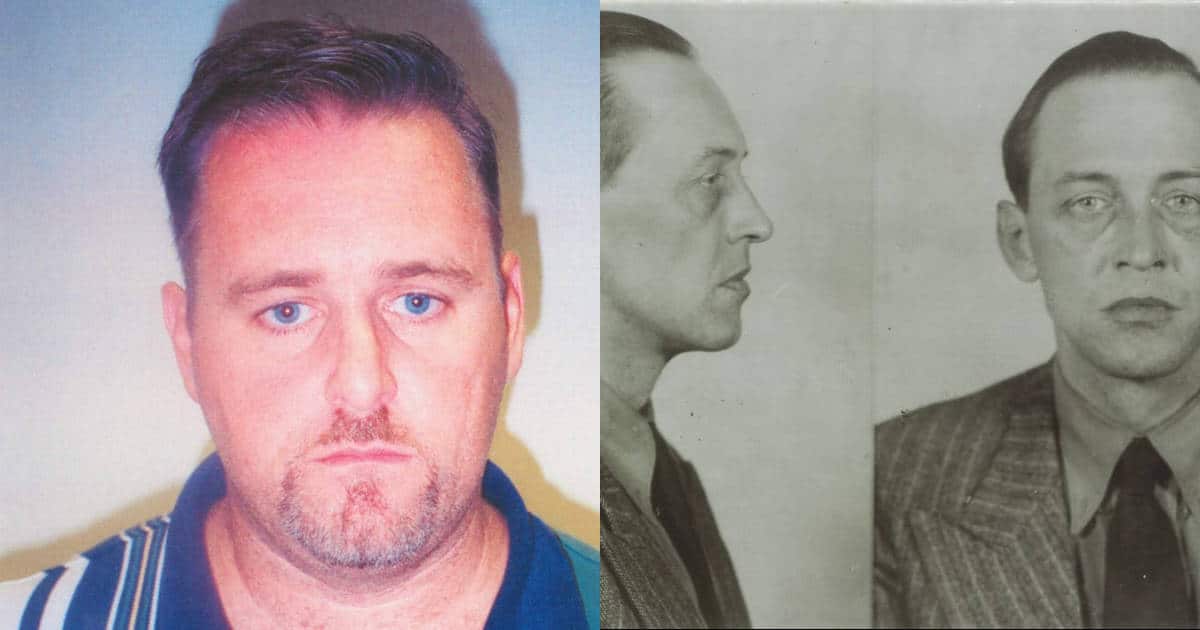In popular culture, spies are cool, calm and collected. Moreover, being extra cunning, smarter than the average and able to go about your valuable work undetected is an integral part of the job description. In real life, however, not all secret agents are super smooth operators. They are real people, often employed in seemingly mundane roles. They have demanding bosses who often don’t appreciate them, mortgages to pay, and, in some cases, big debts, fantasies of pulling off the perfect crime and delusions of grandeur. But, almost without fail, they not only overestimate their own cunning, but they also underestimate the lengths nations will go to in order to capture a traitor in their midst.
That’s not to say all captured spies are undone by meticulous detective work. Sometimes, they are rumbled due to their own ineptitude, even if they believed themselves to be smarter than their adversaries. Whether it’s forgetting to do their homework and learning the basic customs of the countries they are dropped into, or simply getting greedy and complacent, simple mistakes can blow an agent’s cover and even cost them their lives. The following ten spies were inept rather than unlucky. So much so, in fact, that it’s a wonder some of them remained undetected for so long…

George John Dasch
In theory, they were meant to bring terror to the United States. As secret agents of the evil Nazi regime, the men who landed on the east coast of the country in 1942 were tasked with spreading fear among the civilian population. As well as destroying power plants and factories, they were ordered to bomb subways and even Jewish-owned shops. The reality was quite different, however. Whether they were just not that ideologically motivated or whether they were purely incompetent, the men of Operation Pastorius are arguably the worst spies of World War Two. And their leader, George John Dasch, was probably the most incompetent of the lot.
The mission was simple enough: With the United States now firmly involved in the war, Hitler wanted to give them a bloody nose. More importantly, the Nazi commanders believed that hitting public morale could lead to America pulling out of the conflict. But if they thought that the men they hand-picked for the mission were up to the task, then the German spymasters were seriously mistaken. After landing in Long Island, one of the four groups sent across the Atlantic, were immediately spotted by a coast guard officer (one of them was even wearing just his swimming trunks). He approached the men. Time for the cool, calm and collective nature and the results of intense training to kick in, right? Wrong.
As the leader of the small group, Dasch took control. He started off by trying to bribe the coast guard man, making him even more suspicious. Then when another member of the spy group, a chap by the name of Ernest Peter Burger joined in, the two Germans started conversing in their mother tongue! The duo were well and truly rumbled. The coast guard – who was unarmed – pretended to accept the bribe, but really went to get help. However, when he returned to the same spot, the four would-be saboteurs had vanished.
Perhaps he was spooked by his close call. Or perhaps he wasn’t cut out to be a spy. Or – and this is most likely – he saw the whole operation as a folly. After all, what could a small group of men do to affect the course of the war? Whatever his motivation, Dasch decided to give himself up, with Burger joining him. But not right away, of course. So, after a day of enjoying some booze and gambling, Dasch phoned the FBI, giving the code name of his operation. He gave up the details of other spies in America and six more were apprehended.
Because of his willingness to cooperate, Dasch, along with Burger, was sentenced to 30 years in jail. The other six spies were not so fortunate. They were executed within days. Once the war came to an end, President Truman agreed to grant the duo clemency, on the proviso that they return to Germany and never set foot on American soil ever again. So ends the tale of Nazi spies in the United States. What was conceived as a two-year reign of terror ended in just a few days. And after the capture and capitulation o Dasch and his comrades, Germany made no other attempt to send spies across the Atlantic.

